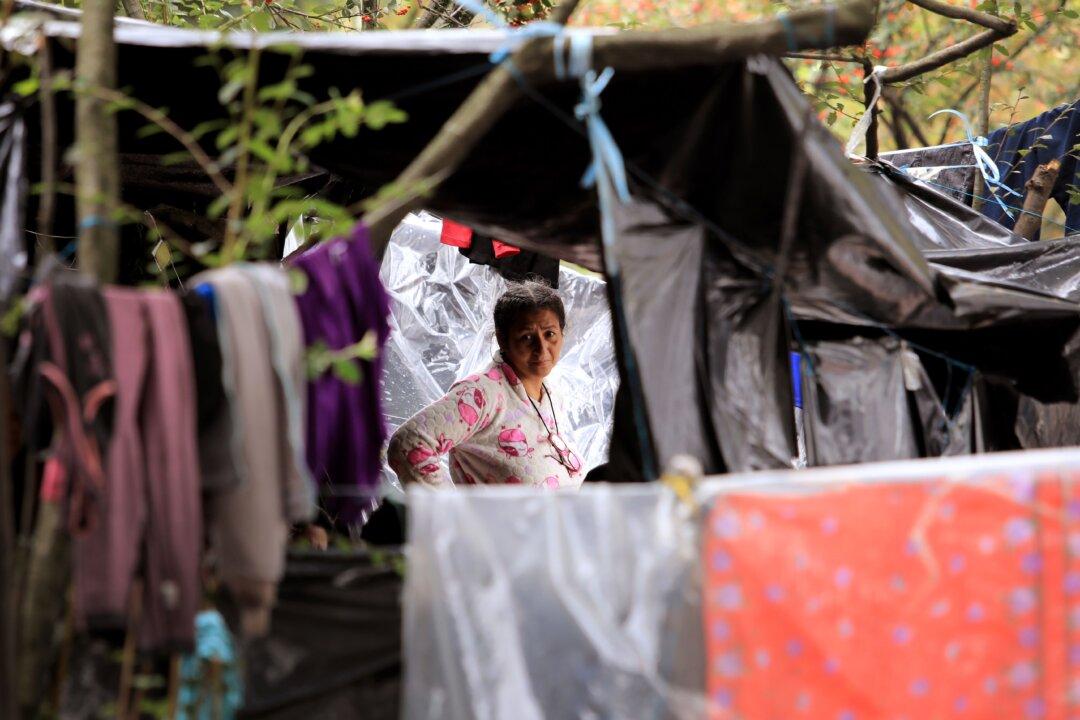LONDON—There there could be lines of 7,000 trucks at the English Channel and two-day waits to get into France immediately after the UK makes its economic break from the European Union at the end of the year, the British government said on Sept. 23, as it urged businesses to prepare for major change.
Michael Gove, the minister in charge of Brexit preparations, described the border backlog as a “reasonable worst-case scenario” in a letter to logistics firms and an oral update to lawmakers in the House of Commons.





